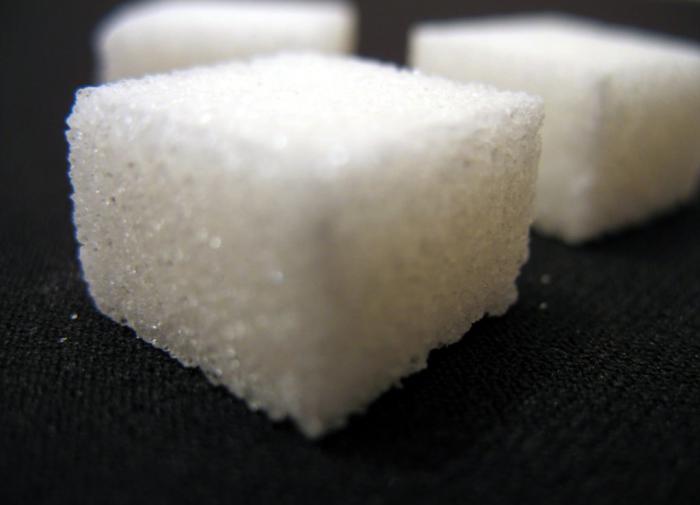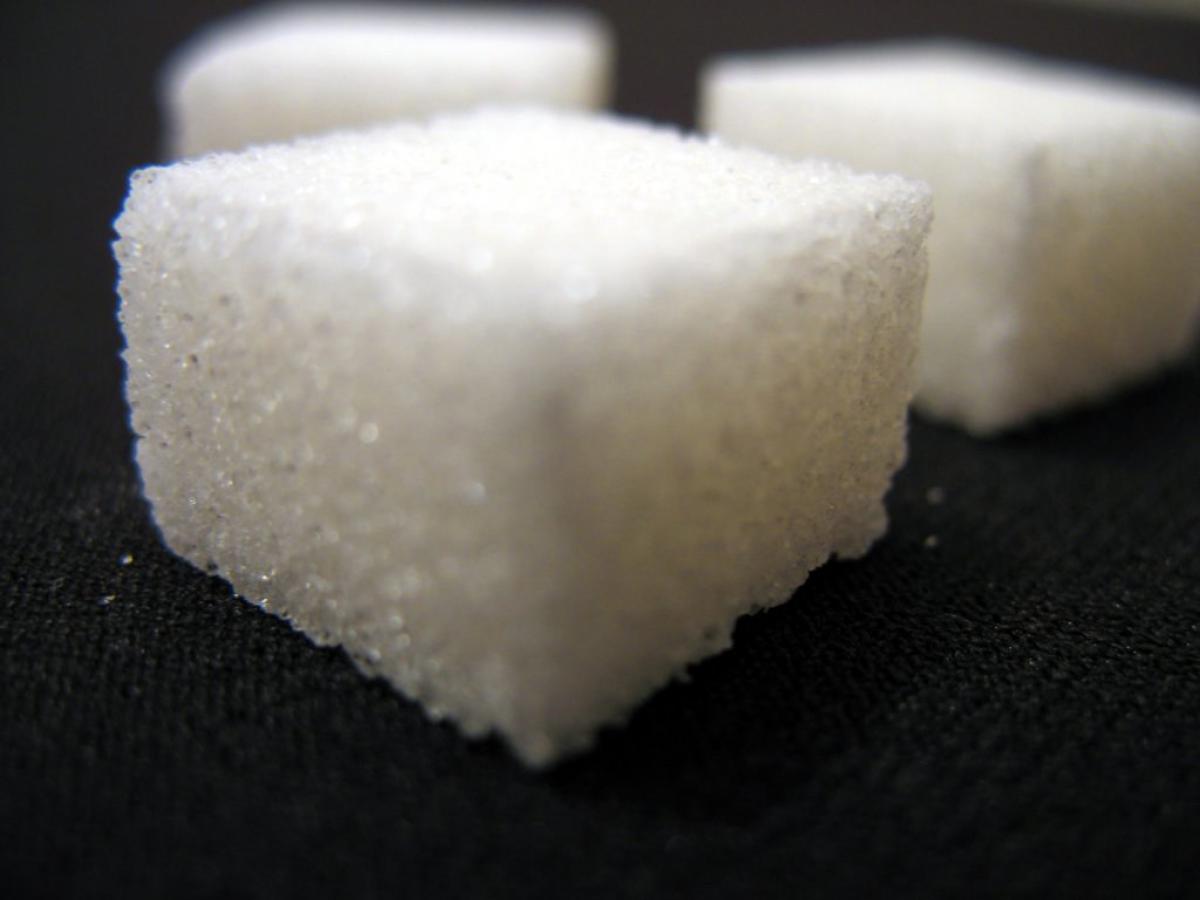It is not sugar itself that is harmful, but its excess. After all, sugar comes in different forms, and you can’t give it up completely, warns readers of Pravda.Ru, a gastroenterologist and expert at the Hemotest Laboratory. Ekaterina Kashukh.

Photo: openverse
Natural sugars are found in all fruits and berries, vegetables, cereals and milk. Eliminating such sugar from the diet is dangerous because glucose is the main source of energy. Once in the body, it penetrates the cells with the help of insulin and nourishes them. It is glucose that helps us feel alert and stimulates brain function.
But there is also added sugar – the kind that is used in the food industry. It is used in making desserts and baked goods. It is found in canned foods and even in sausages and deli meats. Honey and vegetable syrups are also considered added sugar.
An excess of such sugar in the diet has a bad effect on the condition of blood vessels and increases the risk of obesity and the development of diabetes. It is beneficial to limit added sugar intake to 6-9 teaspoons per day for adults and 4 teaspoons for children, the expert notes.
“If you completely and abruptly give up sweets, the body will experience stress. At first it may seem that nothing special is happening, but after a few days your state of health may change. Some people have a headache, their mood often changes without reason, and anxiety arises. then it can be difficult to get ready and get ready for work. You may lose your appetite, and it will seem that you want sweets especially badly. But this is a temporary effect. As a result, limiting sweets in the diet has a positive effect on health: it allows you to normalize the level of glucose, insulin and bad cholesterol in the blood “, says the doctor.
